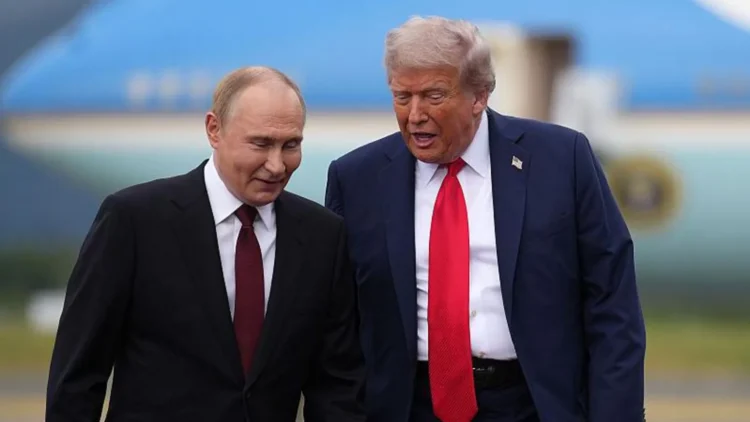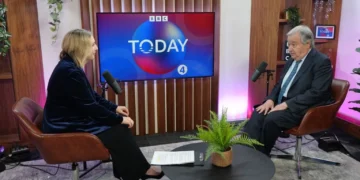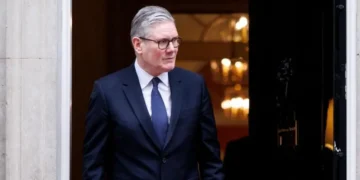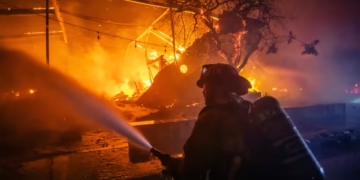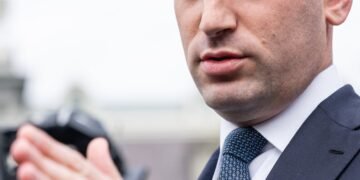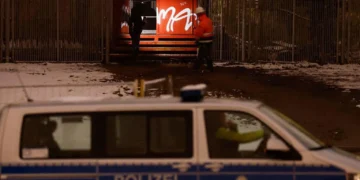The Kremlin has tempered speculation over a potential peace summit between Russian President Vladimir Putin and Ukrainian President Volodymyr Zelensky, following renewed calls by U.S. President Donald Trump for direct negotiations to end the war in Ukraine.
The latest diplomatic maneuvering comes after President Trump met with Putin in Alaska last week. On Monday, he hosted Zelensky and seven European leaders at the White House, highlighting growing international pressure for a resolution.
Speaking on Tuesday, Trump acknowledged the difficulty of brokering peace and admitted that Putin might not be ready to negotiate. “It’s possible that he doesn’t want to make a deal,” Trump said in an interview. “We’re going to find out in the next couple of weeks.”
While Trump said he would attend a meeting between the two leaders “if necessary”, he suggested they should try meeting without him first, to see “what happens.”
Putin reportedly told Trump he was “open” to direct talks with Ukraine, but the following day, Russian Foreign Minister Sergei Lavrov downplayed the commitment. Any talks, he said, would need to start at the “expert level” and proceed in stages — echoing a familiar Kremlin stance.
Dmitry Polyanskiy, Russia’s deputy UN representative, echoed this approach, telling the BBC that while talks weren’t ruled out, they “shouldn’t be a meeting for the sake of a meeting.”
One reported proposal — that Zelensky travel to Moscow for talks — was seen as unrealistic by Kyiv, likely intended to appear conciliatory while being unworkable in practice.
Behind the scenes, Trump’s conversations appear to have deepened his grasp of the conflict’s complexity and the wide gap between Ukraine’s and Russia’s positions. His previous assertion that he could quickly secure a ceasefire has not borne out.
Instead, Trump now says both sides should focus on securing a permanent peace agreement. Some progress was reportedly made in discussions around long-term security guarantees for Ukraine — a key demand from Zelensky and European leaders to ensure any peace deal protects Ukraine’s sovereignty.
Meanwhile, NATO’s military chiefs are set to hold a virtual meeting on Wednesday, as UK military chief Admiral Tony Radakin visits Washington to discuss increased support and a potential reassurance force in Ukraine.
Despite public signals, substantial peace talks remain elusive, with both sides entrenched and diplomatic efforts still facing significant hurdles.

